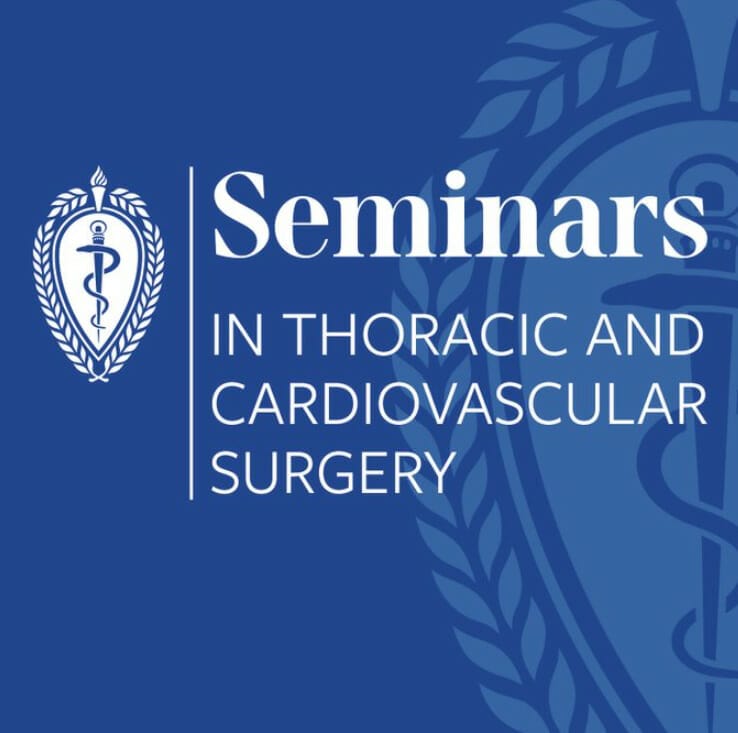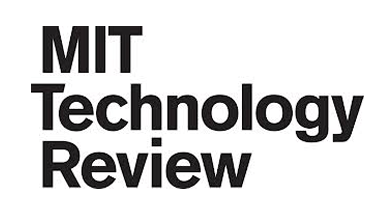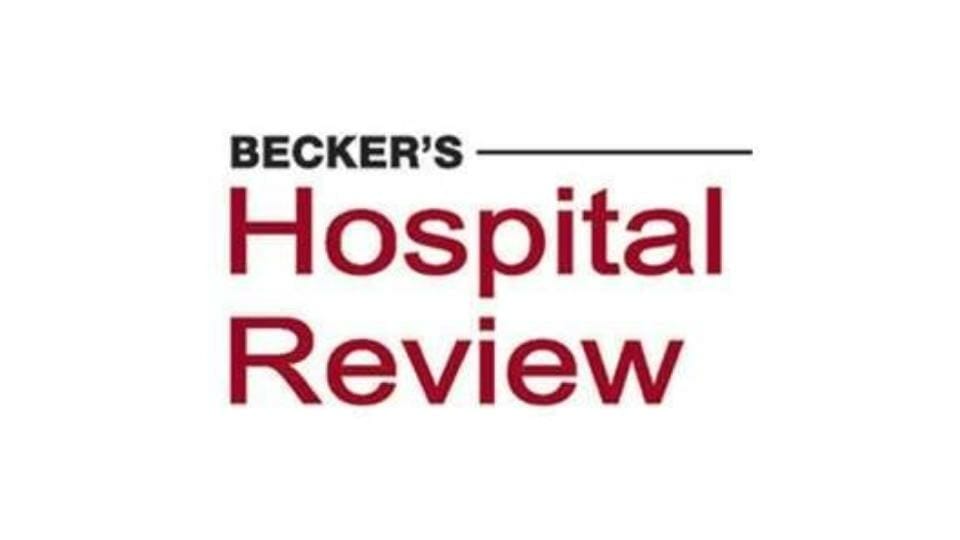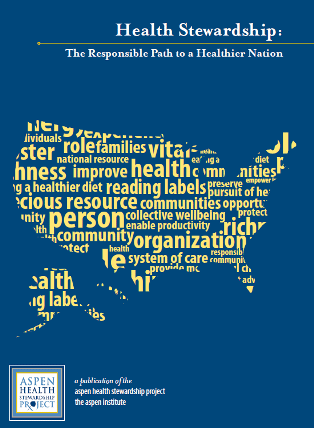Videos
Learn More About Scott Wallace
Few subjects in contemporary America are as misunderstood, controversial, emotive, and politicized as health care. Scott Wallace, associate professor at the University of Texas at Austin’s Dell Medical School and managing director of the Value Institute for Health and Care, a joint enterprise between Dell Med and the McCombs School of Business, is cutting through the bias and misinformation to introduce practical solutions to health care’s most pressing problems.
By innovating the patient experience, focusing on and measuring outcomes, and recognizing the wider economic benefits of a healthy workforce, Wallace says the state of the nation’s health can be drastically improved – to everyone’s benefit.
Wallace’s practical, evidence-based approach to reforming health care is rooted in his background in business: he was the CEO of Eichrom Industries, a specialty chemical company that grew tenfold during his tenure; he served as the first president and CEO of the National Alliance for Health Information Technology, an organization committed to creating a safer, more efficient and unified health care system through IT; he was appointed by President George W. Bush to chair the Commission on Systemic Interoperability, a federal commission created to advise the White House and Congress on health transformation through IT, and he co-founded the Certification Commission for Healthcare Information Technology. For an issue as complex as America’s health care system, a holistic approach is required, and Wallace’s cross-disciplinary expertise in business, health policy, and technology offers powerful, meaningful solutions.
“As a business executive, I had every system connected to my computer, but health care still relies heavily on paper,” explains Wallace, who has an undergraduate degree in economics, an MBA and practiced corporate and transactional law. “I once thought that if we could just get electronic health records (EHR) onto the desk of every doctor in America, we could get so much more done. In reality, we need to transform the entire care delivery system and focus it on the outcomes that matter to patients.”
Reduced Health Care Costs Can Lead to Healthier Employees
Recipient of the University of Texas 2022-2023 President’s Associates Graduate Teaching Excellence Award, Wallace is motivated not only by a desire to educate students and help patients, but also to help companies get the best value from employee health care. The key, he says, is finding ways to take costs out of the system rather than simply shifting them around. Businesses fixate on health care costs, but they miss the opportunity to use what they spend to achieve more health, says Wallace. He points out that living in good health is much less expensive than living in poor health. The silver bullet to health care costs, Wallace says, is to get better health outcomes from the care employers are already purchasing.
No company’s workforce is alike in its medical needs; for a company that employs mostly older workers, heart disease might be more of a problem than maternity care. And yet, companies buy plans based on cost and not on the needs of their employees. The result is that health benefits fail to deliver the level of health that they could. Unlike in countries where health care is government-controlled, Wallace argues, American firms can customize employee health care to suit their employees’ needs, and in doing so raise the health of their workforce which will reduce costs. With his research and practical expertise, Wallace shows companies how they can capitalize on their ability to play an active role in their workers’ health and care while reining in ballooning costs.
“Instead of focusing only on cost, HR leaders need to pay attention to value,” explains Wallace and co-author Elizabeth Teisberg. “Despite year-over-year record spending, the health of too many Americans isn’t getting better, it’s getting worse. Employers and employees alike aren’t getting enough health for the money being spent.”
With an 8-step implementation framework serving as the basis for UT Austin’s Master of Science in Health Care Transformation program, Wallace is a pioneer in revolutionizing the way health care is delivered, focusing not on the delivery process but on the outcomes, making the patient’s health the priority.
Improved Health Care Starts With Empathy
At the Value Institute for Health and Care, Wallace and his colleagues have developed a unique research process – the Experience Group Method – that efficiently illuminates the outcomes that matter most to patients. The method identifies segments of patients and the obstacles that impede their health such as unmet needs and gaps in care. Wallace’s framework allows clinicians to understand and measure the outcomes that are most important to their patients.
“The lack of outcome measurement is health care’s biggest self-inflicted wound,” concludes Wallace. “Measuring outcomes according to capability, comfort and calm is a really important step in all of this. Improving outcomes reduces the need for care.”
###
Scott Wallace, associate professor at the University of Texas at Austin’s Dell Medical School and McCombs School of Business and managing director of the Value Institute for Health and Care, is a former venture capitalist, the first president and CEO of the National Alliance for Health Information Technology, and cofounder of the Certification Commission for Healthcare Information Technology. Wallace helped to create Dartmouth College’s master’s in health care delivery science program, an innovative course for midcareer executives and clinicians. He also served on the faculty for Harvard Business School’s executive education program health care strategy.
In 2003, Wallace was appointed by President George W. Bush to chair the Commission on Systemic Interoperability. He was a Director of Blue Cross Blue Shield of Tennessee from 2006 – 2011, Batten Fellow at the University of Virginia’s Darden School of Business from 2008 – 2010, a distinguished fellow at Dartmouth’s Geisel School of Medicine from 2014 – 2016, and he served as Public Director for the American Board of Ophthalmology from 2016 – 2020.
Wallace holds an MBA from the University of Chicago Booth School of Business, a J.D. from the University of Chicago Law School, and a bachelor’s degree in economics from Duke University.
Scott Wallace is available to advise your organization via virtual and in-person consulting meetings, interactive workshops and customized keynotes through the exclusive representation of Stern Speakers & Advisors, a division of Stern Strategy Group®.
The Health Care Measurement That Matters Most: Patient Outcomes
When evaluating a patient’s health care experience, many surveys simply ask about processes such as, “how was the check-in experience?” Most questionnaires don’t ask about the actual outcome of care. According to Scott Wallace, managing director of the Value Institute for Health and Care, “This is health care’s greatest self-inflicted wound.” In this revealing presentation, Wallace explains that questions such as, “Was the hospital food any good?” are much less important than asking patients vital questions like “Did you get better?” By showing audiences the importance of creating objective measures of outcomes, Wallace empowers health care providers to focus on improving overall patient outcomes, creating greater value by requiring less care in the long run.
Capability, Comfort and Calm: A Framework for Reducing Disparities
Health disparities plague every care delivery system on earth and they’ve been the subject of seemingly endless academic research. But disparities persist, and in many cases are worsening. In this eye-opening presentation, Scott Wallace, managing director of the Value Institute for Health and Care, illustrates why the problem can be attributed to a lack of outcome measurement, which results in providers who simply don’t know what care is effective, or for whom. Using the outcomes framework of capability, comfort, and calm, Wallace presents audiences with actionable solutions to easily, efficiently, and systematically track the health outcomes of care for each patient, thereby revealing where the results of care are disparate. “We’ve spent decades admiring this problem,” says Wallace. “Now, we need to fix it.”
Human-Centered Design: Using the Experience Group™ Method to Create Patient-Centered Care
Health care is about service and experience. Although most service design starts by identifying customers’ unmet needs, health care delivery innovations often rely on clinicians’ views, overlooking patients’ needs and goals. That difference explains why many care delivery innovations produce disappointing results. To get better results, care delivery organizations need to understand the experiences of patients as they live their lives, says Scott Wallace. His Experience Group methodology provides a solution to the challenges of knowing what matters to patients and of gaining insights about unmet needs, gaps in care and obstacles that prevent people from achieving better health.
Wallace discusses the Experience Group method and how it provides deeper insight than surveys or focus groups, both of which are constrained by the presumptions of their creators and are often subject to courtesy biases. Most patient advisory panels are too heterogeneous, leaving patients to discuss only issues they have in common, which are often not specific to health (e.g., parking, waiting and food service). He also describes in detail the challenges organizations face designing new, more effective health care services and reveals some of the insights identified with the Experience Group methodology.
Change Management: Taking the Steps Within Your Stride
Around the world, value-based care delivery is gaining momentum – and vital support. Improving value – health outcomes that matter to patients for the cost of delivering those outcomes – is now widely recognized as a critical objective of health care reform. And most health care leaders view it as an urgent priority. But how do organizations redefine care to dramatically improve value for patients? In nearly a decade implementing value-based care worldwide, Scott Wallace has observed that when leaders set the compass by establishing value for patients as the unequivocal goal, they create a powerful cultural shift, inspiring care teams and renewing the professional calling of those in health and healing.
But what happens next? Inevitably, inspirational objectives lead to the question of “How?” Wallace discusses four steps that organizations seeking to redefine care delivery must work through. Taking these “steps within your stride” transforms an organization in the direction of higher value services for patients, no heroic leaps required.
Value-Based Health Care: Implications for Pharma and Device Companies
The move to value-based reimbursement models will affect supply chain companies as much as it does care providers. Most pharmaceutical and device companies are seeking ways to help their care delivery partners achieve higher value with their products. The future of supply companies, Scott Wallace says, hinges on their ability to demonstrate the value of new therapies and devices in the hands of partners.
Supply chain companies often have deeper, more sophisticated resources for outcome and cost measurement; use those resources to help partners demonstrate value through better health outcomes and lower overall costs. Wallace discusses how pharmaceutical and device companies can select better partners, help build learning care delivery systems and demonstrate value.

Current Generation of EHRs Impeding Healthcare's Volume-to-Value Transformation
December 13, 2014December 13, 2014

Defining and Implementing Value-Based Health Care: A Strategic Framework
(Academic Medicine, May 2020)

Creating a High-Value Delivery System for Health Care
(Seminars in Thoracic and Cardiovascular Surgery, March 2009)

Ending the Document Game: Connecting and Transforming Your Health Care Through Information Technology
(United States Government Printing, October 2005)
“Scott was an excellent addition to The Walrus Leadership Dinner on Value-based Health Care. He brought valuable insight through his prepared remarks, provoking a spirited conversation among the assembled guests, which was just what we hoped for. We also really appreciated his engagement with the group during the open conversation portion of the evening, answering questions and contributing his thoughts and experiences. I received a note from another guest saying ‘I think Scott was great. I think we need more people from outside our bubble who actually have something to share as opposed to speakers from here who are all proponents of the status quo.'”
“I thoroughly enjoyed your session at the meeting this week. It was challenging and thought-provoking. I look forward to engaging our organization in defining true measures of value and hope to give you a report of great success in the future.”
“Scott Wallace was the keynote speaker at our annual statewide conference, invited at a time when both state and community health care delivery and payment systems are being reimagined. His presentation was cogent, rich with illustrations that brought key messages home, and had our association’s members engrossed and excited about the promise and payoff of value-focused health care delivery. Scott’s style is accessible, good-humored, and engaging – and will appeal to any audience looking for both an intellectual shot in the arm and the inspiration of a well-illuminated way forward.”
“Your two presentations were the highlight of the conference for me and others from our agency who attended. We are already looking at how we might incorporate some of your ideas.”



































